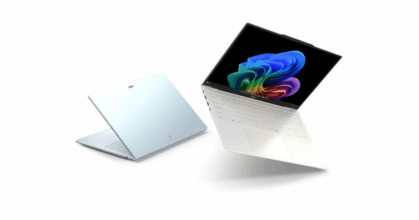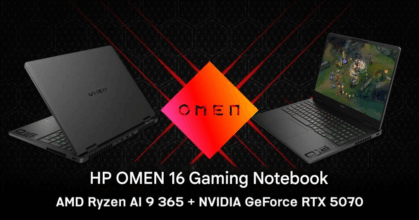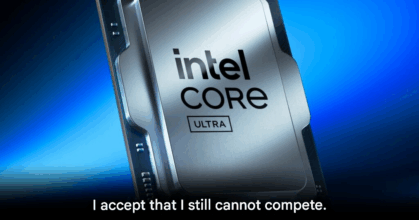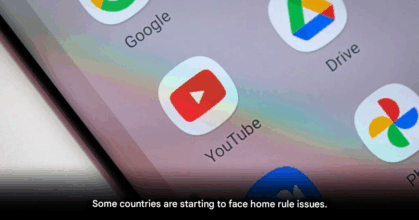
Google Won’t Be Forced to Sell Chrome Despite Browser Monopoly and AI Impact
US Court Decision Highlights Legal Success and AI’s Role in Market Dynamics
The U.S. court recently ruled in the case United States of America v. Google LLC, with Judge Amit Mehta deciding that Google will not be forced to sell its Chrome browser. Although Google holds a near-monopoly in the browser market, the court found that its market power does not directly connect to any past illegal behavior. The Department of Justice (DOJ) had previously requested structural separation, but the court rejected this.
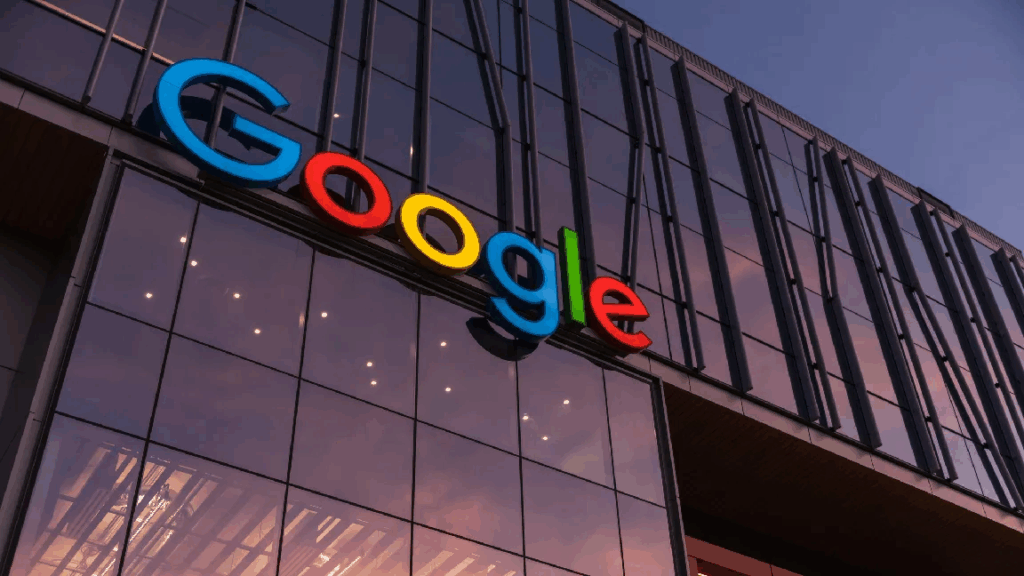
Legal Success Driven by Innovation and Brand Strength
The judge emphasized that Google’s success stems from legitimate factors, including top-tier search quality, continuous innovation, strategic investments in talent, long-term planning, and strong brand reputation. Evidence supported these claims. Moreover, Google is not prohibited from incentivizing pre-installed products, nor is it required to display a browser choice screen to Android users or competitors.
Case Timeline and AI’s Market Impact
The lawsuit began in October 2020 when the DOJ accused Google of dominating the market. By August 2024, the court had recognized Google as a monopoly without real competitors. However, the current judgment reflects a shift influenced by generative AI (GenAI). The court sees AI tools, such as ChatGPT, as potential game-changers that could reshape the industry without fully replacing traditional search engines.
Restrictions and Obligations for Google
While Google avoids structural separation, the court imposed specific limitations. The company cannot enter exclusive agreements for distributing search tools, assistants, or Chrome. It must share its index data and provide search and advertising services to qualified competitors to maintain high standards. Other proposals, including public education campaigns or policy changes for content publishers, were denied.
AI and the Future of Browser Competition
This ruling highlights AI’s growing influence in search and browser markets. Developers may integrate search features into AI platforms, offering new opportunities for competition while avoiding major structural disruptions. For Google, this decision preserves its market position amidst ongoing U.S. government scrutiny of major tech companies.
Both parties are required to submit their final statements by September 10, 2025, to resolve outstanding differences, with no major changes expected. The case serves as a key example of tech industry regulation in the AI era.
Final Thought
The ruling underscores the delicate balance between innovation, competition, and regulation. While Google maintains its dominance, the rise of AI ensures that market dynamics remain fluid, giving competitors room to innovate without dismantling the current structure. This decision may set a precedent for how regulators handle tech giants in an AI-driven world.

